Purgatorio, Canto 25
OVERVIEW
Agnes Howard is an Assistant Professor in Humanities at Valparaiso University. She studies U.S. history, American puritans, and female monasticism.
Questions for Reflection
- 59 canti into the Commedia, Dante finally addresses the problem of the body of the shades in the afterlife. What is it about being among the emaciated gluttons that spurs Dante to inquire along these lines (25.20-21)?
- Statius discourses about the creation of the soul and the body. Why do you think Dante needed to learn this information from 1) a poet (note the important role that language plays in Statius’ discourse); 2) a Christian (in other words, why couldn’t Dante have learned this from Virgil?)?
- What are the three “stages” of the soul that Statius outlines? At what stage does language come into play in the formation of the human person (61-63)?
- In 25.61-63, Dante rhymes the words fante/errante (human/error). “Fante” also means “one who speaks” or a “language user.” How is Dante tying language to the ability to be mistaken?
- Does God ever directly intervene in the formation of the human person? At what point (25.67-75)?
- The divine image in humanity consists of what three things (25.83)? What is the relationship between the soul and the body (25.88-102)? What does this tell you about the way Dante conceives the nature of the human person? Why is this important to know at this point in the moral journey of Purgatorio?
DETAILS
- Dr. Agnes Howard
- Valparaiso University
- Run Time 8:20








